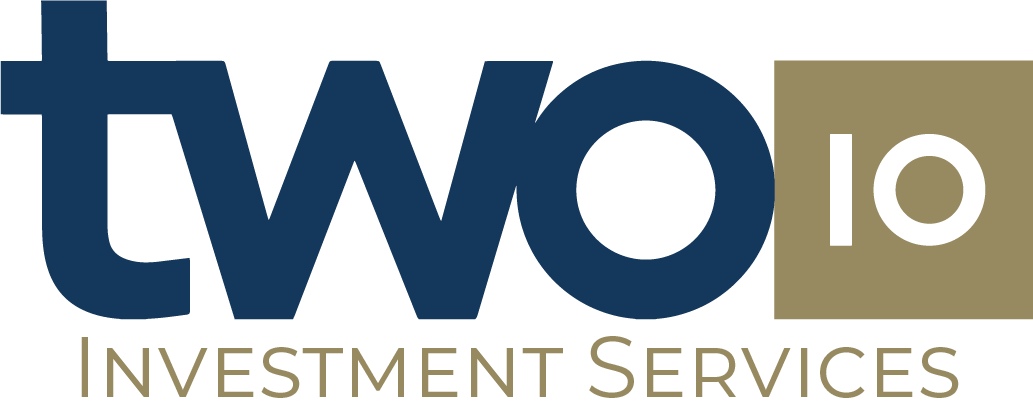One of the most challenging yet rewarding tasks in life is achieving a balance between enjoying the present and planning for the future.
This balance is especially crucial when it comes to financial management. Striking the right equilibrium can lead to a fulfilling life now while ensuring security and prosperity in the years to come.
In our latest blog, we discuss some strategies on how you can navigate present desires and future goals through financial competence.
Understanding Financial Competence
Financial competence is the ability to make informed and effective decisions with all of your financial resources. It encompasses a range of skills, including budgeting, saving, investing and planning for both short-term needs and long-term objectives.
Building financial competence is essential for achieving a balance between present enjoyment and future security.
1. Assess Your Financial Health
Before you can balance your financial desires and goals, it’s crucial to have a clear understanding of your current financial situation.
Key Actions:
- Review Your Finances: Regularly examine your income, expenses, savings and investments.
- Set Baselines: Establish financial baselines for necessary expenses, discretionary spending and savings.
2. Set Clear Financial Goals
Setting clear and realistic financial goals is the foundation of effective financial planning. These goals should be specific, measurable, achievable, relevant and time-bound (SMART).
Key Actions:
- Short-Term Goals: Identify immediate needs and desires, such as holidays, luxury goods, or home improvements.
- Long-Term Goals: Plan for future aspirations, including retirement, purchasing a home, or funding your children’s education.
- Prioritise Goals: Determine the importance and urgency of each goal to create a balanced financial plan.
3. Create a Flexible Budget
A well-structured budget is a powerful tool for managing your finances. It helps you allocate resources efficiently while allowing room for both present desires and future savings.
Key Actions:
- Track Expenses: Monitor your spending to understand where your money goes each month.
- Allocate Funds: Designate portions of your income to essential expenses, discretionary spending and savings.
- Adjust Regularly: Review and adjust your budget periodically to reflect changes in income, expenses and financial goals.
4. Build an Emergency Fund
An emergency fund is a financial safety net that ensures you can handle unexpected expenses without derailing your financial plans.
Key Actions:
- Determine the Amount
- Automate Savings: Set up automatic transfers to your emergency fund to ensure consistent contributions.
- Use Wisely: Only use your emergency fund for genuine emergencies and replenish it as soon as possible.
5. Invest for the Future
Investing is a crucial aspect of financial competence that enables you to grow your wealth and achieve long-term goals.
Key Actions:
- Diversify Investments: Spread your investments across different asset classes to minimise risk and maximise returns.
- Monitor and Adjust: Regularly review your investment portfolio and make adjustments based on market conditions and life changes.
6. Enjoy the Present Wisely
While planning for the future is essential, it’s equally important to enjoy the present. Financial competence involves making mindful choices that allow for enjoyment without compromising future security.
Key considerations include:
- Mindful Spending: Make conscious spending decisions that align with your values and priorities.
- Experiences Over Things
- Balance Indulgence and Restraint.
Final Thoughts
Achieving a balance between present desires and future goals is an ongoing process that requires diligence, discipline and flexibility.
By enhancing your financial competence, you can make informed decisions that allow you to enjoy life now while building a secure and prosperous future.
At Two10 Investment Services], we are committed to helping you navigate this delicate balance.
Contact us today to start your journey towards financial harmony.
*Risk Warning: The value of your investments can go down as well as up, so you could get back less than you invested.





.png)
.png)
.png)
